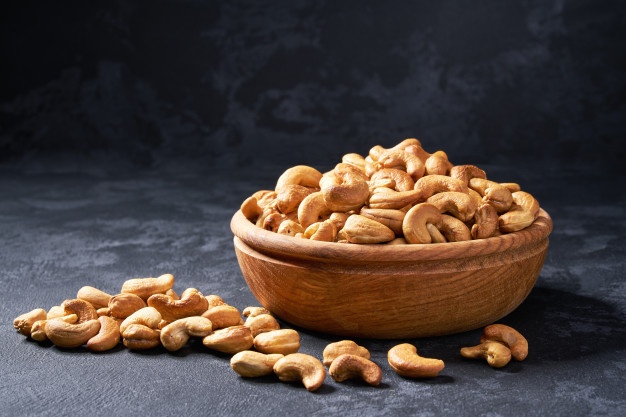Economy
Nigeria’s Cashew Industry to Benefit From $60m US-backed Project For West-African Countries

A non-profit organisation, TechnoServe has concluded plans to support Nigeria’s cashew industry in its $60m US-backed project tagged ‘Prosper Cashew’.
The Prosper Cashew Project is sponsored by the US Department of Agriculture and will benefit three West African countries in local cashew processing.
The three West African countries marked out to receive support in the project are Nigeria, Ghana and Ivory Coast.
Investors King reports that the Prosper Cashew Project was launched in October 2020 and will run for five years.
Its aim is to transform and strengthen the cashew industry by resuscitating existing processing facilities and facilitating needed capital for the growth of the industry. It will also build partnerships, bringing together processors and other supply-chain actors, investors, and the public sector to keep the economic and social value of the cashew at its source in West Africa.
Flagging off the project in Abidjan, Ivory Coast, on Wednesday, the project director, Krishanu Chakravarty noted that 75 percent of the project execution will be done in Ivory Coast due to its large capacity as the top cashew producer in Africa.
Chakravarty said, “75% of the money will get disbursed here because of the conducive processing environment.
Speaking on the future of the project, the CEO of TechnoServe, Will Warshauer stated that there would be an increase in the production of cashew and its exportation.
He added that the project will provide more job opportunities to citizens of the West African countries (beneficiaries) which will in turn improve their standard of living.
“In the next five years, Prosper Cashew would improve the capacity of 60 processors who source cashews from approximately 34,000 farmers, facilitate $497 million of investment in the cashew sector, and generate $1.5 billion in cashew kernel sales.
“The project expects to create more than 26,000 new jobs and indirectly benefit more than 133,000 women, men, and children in West Africa,” Warshauer said.